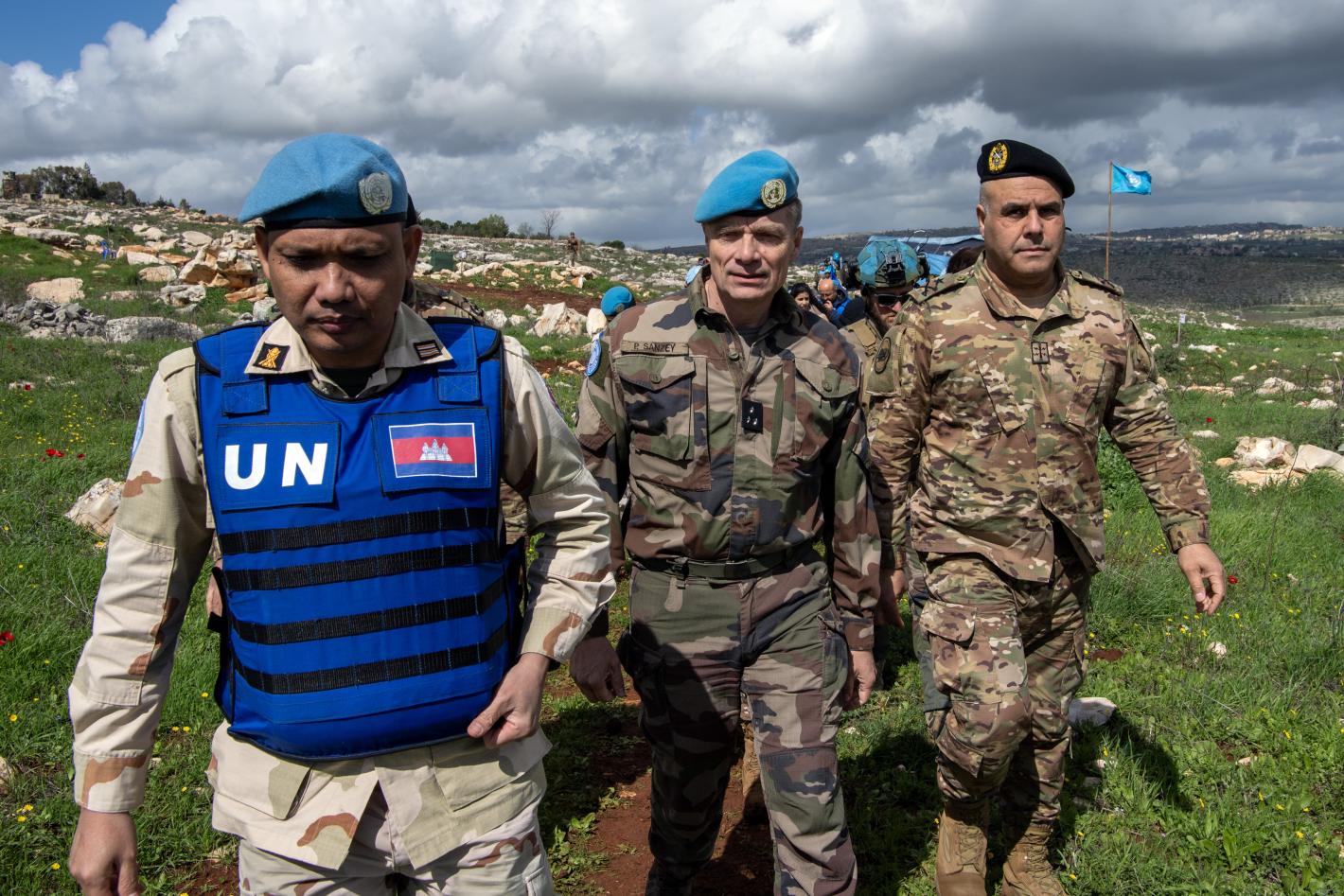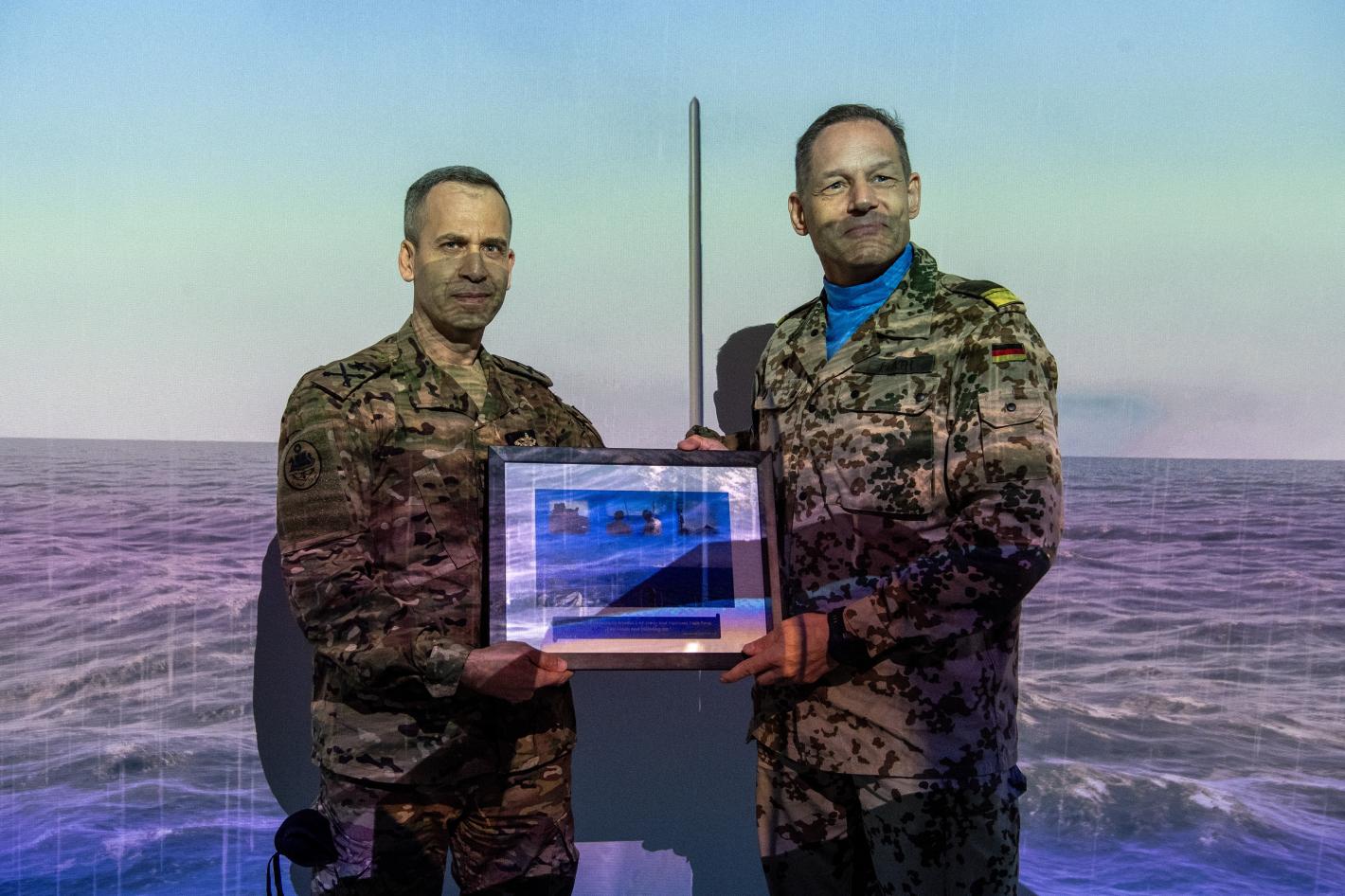Arriving at the scene, a UN vehicle had crashed against an electricity pole in the vicinity of Suq al Khan, South Lebanon. One UN staff on the ground and another unconscious in the car being assisted by his colleague, while another officer calls in for help, triggering a rescue operation.
This was the scenario set for the Angel Rescue Exercise aimed at training the UNIFIL chain of command, assigned assets and forces to properly react in case of accidents and subsequent air and ground CASEVACs or casualty evacuations.
Angel Rescue is founded on the grounds of maintaining a high level of military and medical readiness and practicing evacuation procedures, communication capability, reporting, and every single related action to the entire process.
"In regard to its importance, Angel Rescue will be carried out more often now, like every 3 to 4 months," added Maj. Rathaur of UNIFIL's Indian battalion.
A few minutes later, UN vehicles arrived at the scene bringing with them medical teams and military escorts. The medical teams rushed to assess the severity of the injuries and provided the necessary aid to stabilise the medical condition of the injured, while UNIFIL military personnel encircled the scene to ensure safety.
" This exercise will step up the advantage to rescue not only military injuries but also civilians...assistance and rescue will be afforded to every casualty involved in a UN car accident; whether the injured there were military personnel, civilian staff, or local Lebanese...what differs will be the channel through which procedures will be implemented ," Major Rathaur pointed out. Angel Rescue involved the participation of the Observation Group Lebanon, UNIFIL's Joint Operation Center, UNIFIL planning and communication unit and military training unit, medical teams from the Indian Level I Hospital, Chinese Level II Hospital, Saint George Hospital-Beirut, UNIFIL's French medical team, and ITALAIR, UNIFIL's Italian Helicopter Task Force.
The comprehensive rescue exercise concluded with the medically treated being evacuated by road to the nearest UNIFIL field hospital and by air to Beirut depending on the severity of their injuries.
----------------------------------------------------------------
Article: Hiba Monzer
Video Producer/Editor: Suzane Badereddine
Video Camera: Mohamad Hamze
Photo: Pascual G. Marcos
-----------------------------------------------------------






